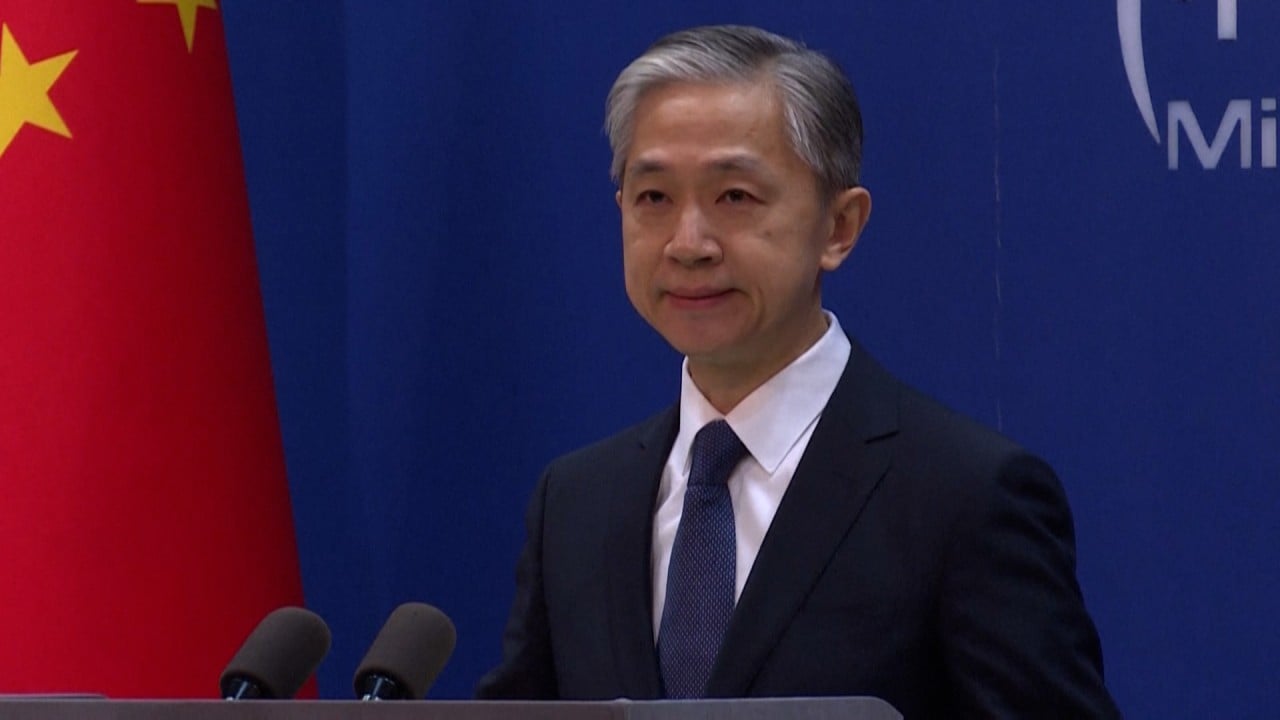
China-EU investment deal shows cooperation outweighs competition in bilateral relationship
- While the agreement won’t resolve all the trade and economic issues between Beijing and Brussels, it provides another platform for consultation on an equal footing and with mutual respect, which serves the goal of multilateralism
To them, we should give credit for an agreement that can foster certainty in uncertain times and contribute to the global goals of sustainability and multilateralism.
The agreement will help revitalise China-EU cooperation. This deal, inspired by state-of-the-art international economic and trade rules, will increase European Union investors’ access to a market of 1.4 billion consumers.
It establishes an FDI management system that provides equal conditions for foreign and domestic investors, as in EU agreements with other major economies, as well as a negative list, or specific arrangements for sectors and industries, as other EU partners have.

00:42
‘Major progress’ made on China-EU investment deal negotiations, says Beijing’s foreign ministry
As a high-standard deal, it includes specific rules on investment-related environment and labour issues. This demonstrates both parties’ commitment to international rules and new development philosophies.
China tried to add eleventh-hour Huawei revenge clause to EU deal
The agreement will establish a more robust institutional framework for China-EU investment cooperation and address the huge mismatch between China-EU investment and trade volume.
The EU takes up 5 per cent of foreign direct investment flowing into China, and China only takes up 3.4 per cent of total FDI in the EU, while our trade volume exceeds €600 billion annually. China and the EU will be able to better integrate their capital and innovation resources and build synergy between their development strategies.

The agreement showcases the maturity, independence and resilience of the China-EU comprehensive strategic partnership. Recent years have seen profound and complex changes in the international political and economic landscape. 2020 was a particularly difficult year across the globe.
Yet China and the EU have advanced their agenda against all the odds, by signing the agreement on geographical indications and concluding the investment agreement negotiations. All this demonstrates that, for China and the EU, cooperation and convergence far outweigh competition and divergence.
The investment agreement, once again, conveys a positive message of China and the EU jointly upholding multilateralism and the rules-based and open world economy, thereby boosting global confidence in economic globalisation and free trade.
China’s trying to revive globalisation. It can’t do it on its own
2021 is a crucial year for global economic recovery. China will embrace new opportunities for further opening-up and economic transformation. The EU is promoting green and digital transitions and will before long kick-start its recovery programme.
Of course, the agreement is not the panacea to all the economic and trade issues between China and the EU. Despite differences in the level of development and actual circumstances, China and the EU should address their divergences through consultation on an equal footing and in a mutually respectful and accommodative spirit.
With a shared commitment to partnership and cooperation, China and the EU could get much done in terms of addressing global challenges and upholding multilateralism. I stand ready to join forces with my European colleagues to translate China-EU cooperation into concrete results on the ground.
Zhang Ming is Ambassador Extraordinary and Plenipotentiary and head of mission of the People’s Republic of China to the European Union

